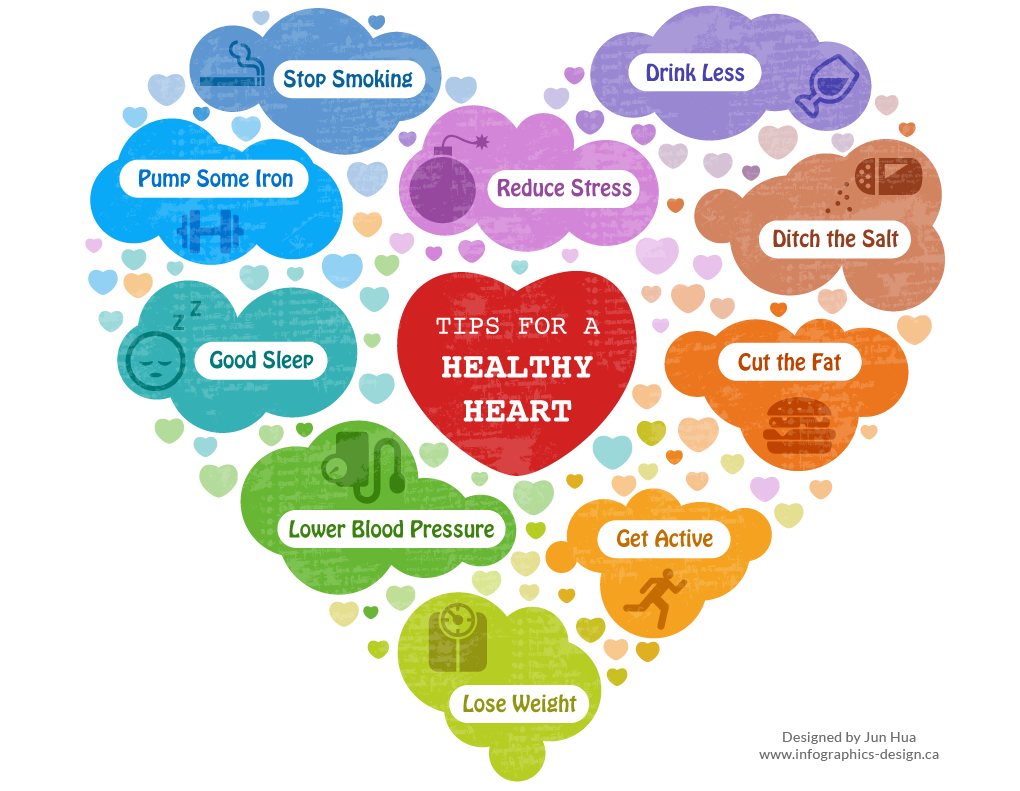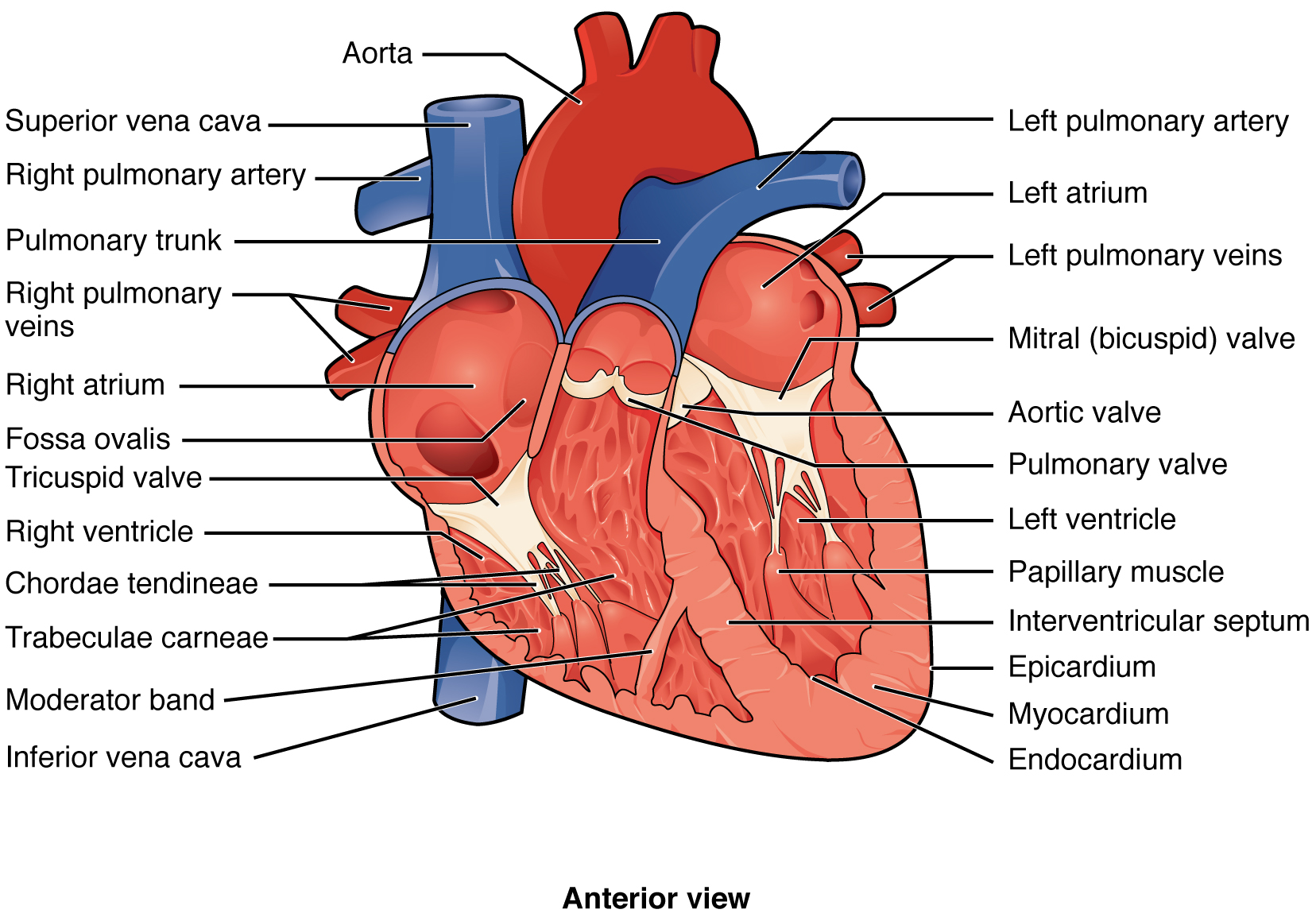
Leadless Pacemakers Cardiac Electrophysiology Clinics
How the Heart Works | Physiology | Biology | FuseSchoolThe main job description for this muscular organ is to pump oxygenated blood throughout your body. f.

Effects of the plateau environment on MDA in heart and liver of TPs and... Download Scientific
Micra™ is the world's smallest pacemaker. 1 Unlike most pacemakers that are placed in a patient's chest with leads running to the heart, Micra is a leadless pacemaker because it's implanted directly into the heart. View brochure (opens new window)

Anatomy of the human heart and the pathway of blood flow through the heart. Download
0:00 / 3:00 • The Heart and Circulatory System - How They Work Mayo Clinic 1.04M subscribers Subscribe Subscribed 66K From an accredited US hospital Learn how experts define health sources in a.

FileHeart oblique external.jpg Wikimedia Commons
© Cornerstone OnDemand. All Rights Reserved.
Calculation of TPS and CPS. Schematic image of tumor specimen stained... Download Scientific
The Micra™ transcatheter pacing system (TPS) is the world's smallest pacemaker, 1 delivered percutaneously via a minimally invasive approach,. Heart Rhythm. May 2012;9(5):728-735. 4. Williams E, Whiting J. Micra Transcatheter Pacing System Size Comparison. November 2014. Medtronic data on file.

10 Tips for a healthy heart
The Heart. The heart is an organ about the size of your fist that pumps blood through your body. It is made up of multiple layers of tissue. Your heart is at the center of your circulatory system. This system is a network of blood vessels, such as arteries, veins, and capillaries, that carries blood to and from all areas of your body.

Permanent Leadless Cardiac Pacemaker Therapy Circulation
When the small arteries (blood vessels) of the lungs become narrowed, they cannot carry as much blood. When this happens, pressure builds up. This is called pulmonary hypertension. The heart needs to work harder to force the blood through the vessels against this pressure. Over time, this causes the right side of the heart to become larger.

Heart Anatomy · Anatomy and Physiology
Join the Amoeba Sisters in their introduction to the circulatory system and follow the pathway of blood as it travels through the heart! This video explains the importance of blood, arteries, and.

Here lies the heart Andy Timmons (TPS) Fabio Gambirasio YouTube
Benefits of Micra™ transcatheter pacing system (TPS) Less invasive — Micra is placed in the heart via a vein in the leg, with no chest incision, scar, or bump that results from conventional pacemakers. Self-contained — Micra is completely self-contained within the heart.

Electrical conduction system of the heart wikidoc
Heart anatomy. The heart has five surfaces: base (posterior), diaphragmatic (inferior), sternocostal (anterior), and left and right pulmonary surfaces. It also has several margins: right, left, superior, and inferior: The right margin is the small section of the right atrium that extends between the superior and inferior vena cava .

Heart Embryology Development of the Heart
A transesophageal echocardiogram (TEE) is a type of ultrasound test. Your doctor puts a tube down your esophagus with an ultrasound device that takes a series of moving pictures of your heart..

Chapter 115. Development of The Heart Formation of The Heart Loop Review of Medical
In conclusion, the Micra transcatheter pacing system, a leadless right ventricular pacemaker, was successfully implanted in 99.2% of 725 patients in whom implantation was attempted. The device met.

Micra TPS Implant Procedure Animation YouTube
8. Breathe deeply. Try breathing slowly and deeply for a few minutes a day. It can help you relax. Slow, deep breathing may also help lower blood pressure. 9. Wash your hands often. Scrubbing up with soap and water often during the day is a great way to protect your heart and health.

Medtronic has received CE mark for Micra AV Transcatheter Pacing System (TPS), the "world’s
Micra TPS had fewer major complications compared to patients in the historical control cohort at 6-month follow-up:. Multiple devices in the heart may compromise cardiac function, or be a source of interference. The second replacement strategy is to extract the LP and subsequently implant a new device. However, extraction may not be feasible.

FileHeart anterior exterior view.jpg Wikimedia Commons
Indeed, in a heart of normal dimensions a Micra TPS would occupy approximately 1% of the right ventricular volume (0.8cc in 80 ± 22 mL), while three Micra TPSs would occupy 3% [Citation 39]. Yet, it may be beneficial to limit the number of unnecessary nonfunctioning intracardiac hardware, and therefore mitigate the risk of device-device.

(PDF) Retrieval of a Micra transcatheter pacing system in a heart with a preexisting lead
Manufactured by medical device giant Medtronic, the second-generation wireless pacemaker was approved in January by the U.S. Food and Drug Administration (FDA) for patients with AV block, a heart condition in which electrical signals between the chambers—the atria and the ventricle—are impaired.. The first-generation device called the Micra Transcatheter Pacing System (TPS) was approved by.